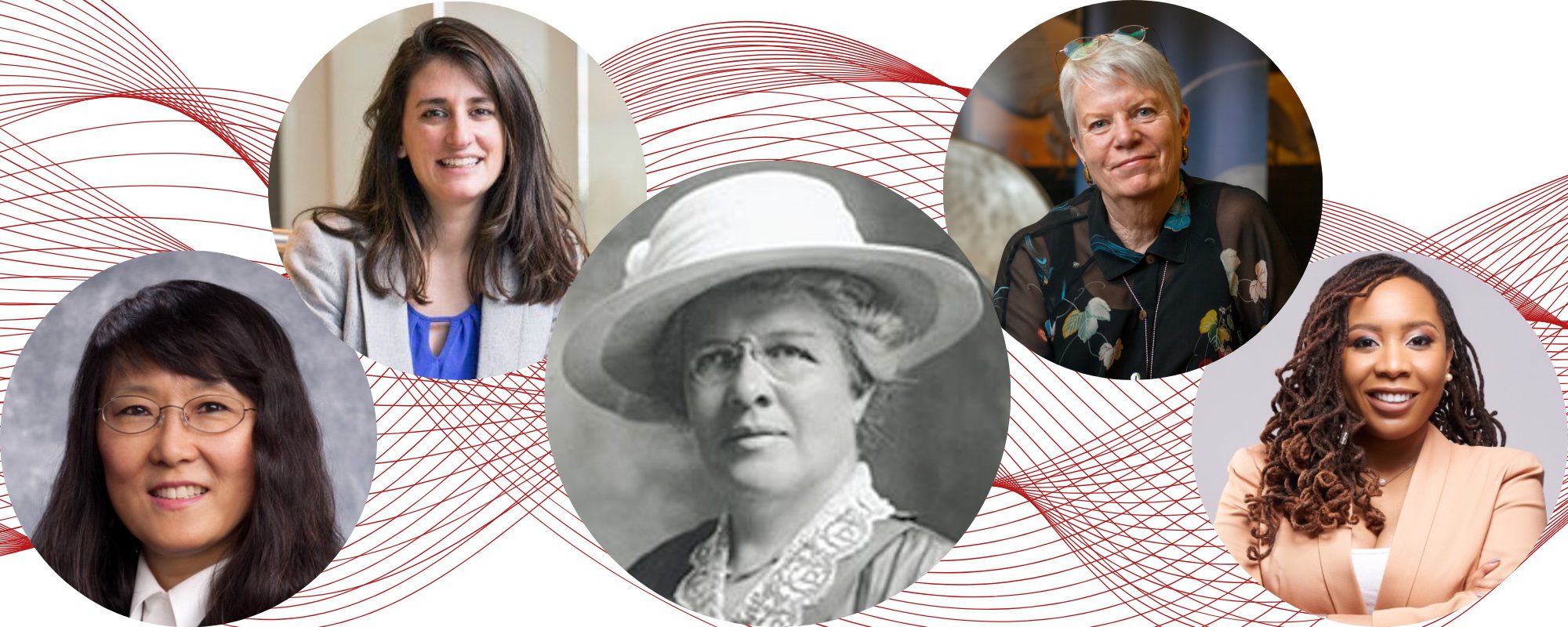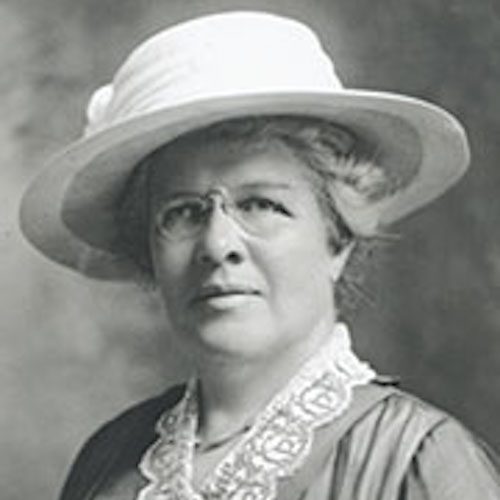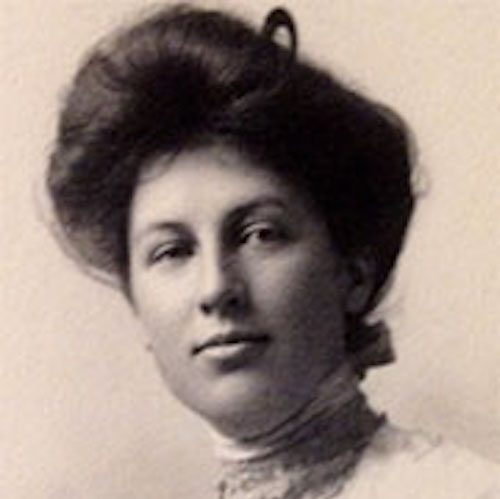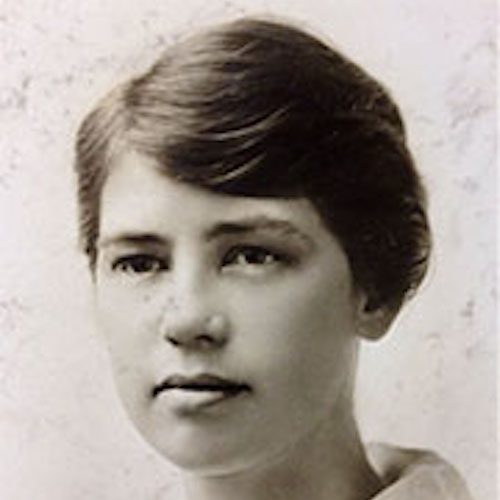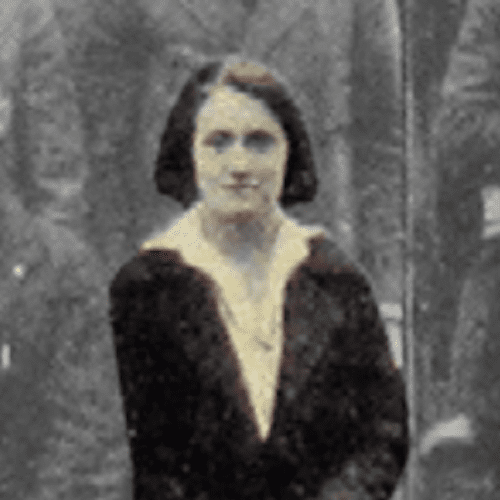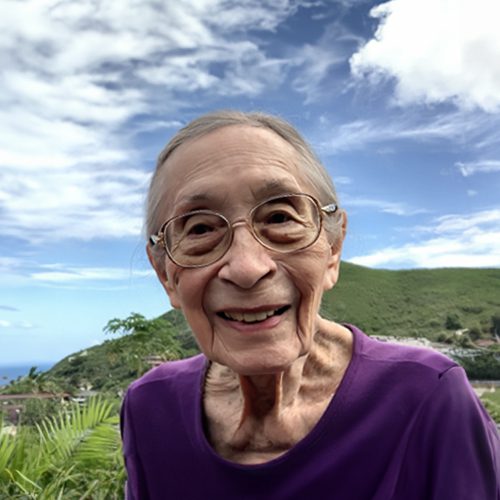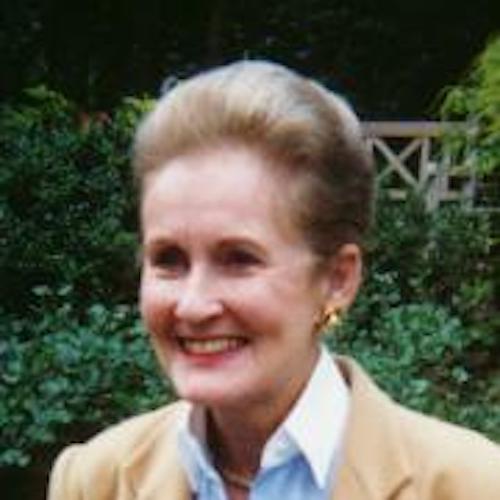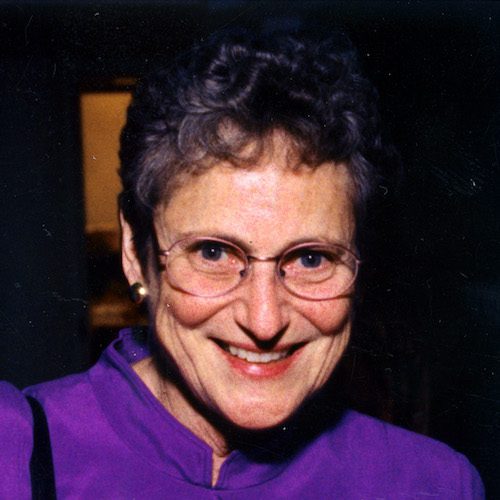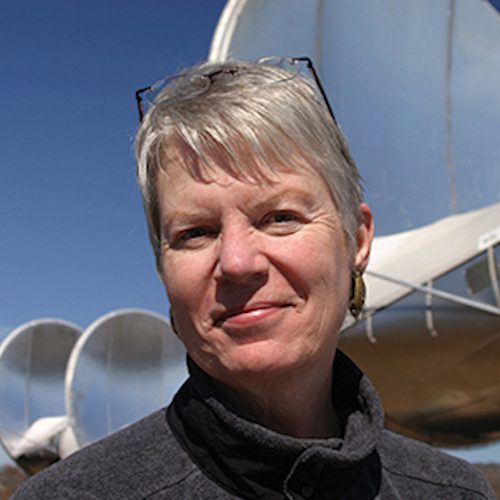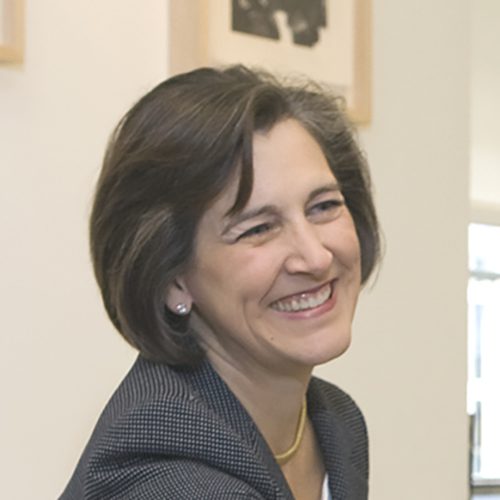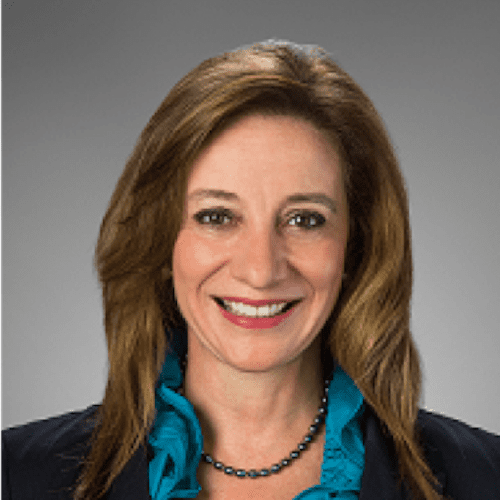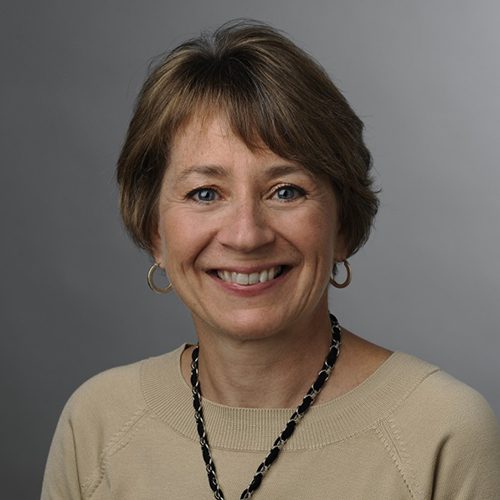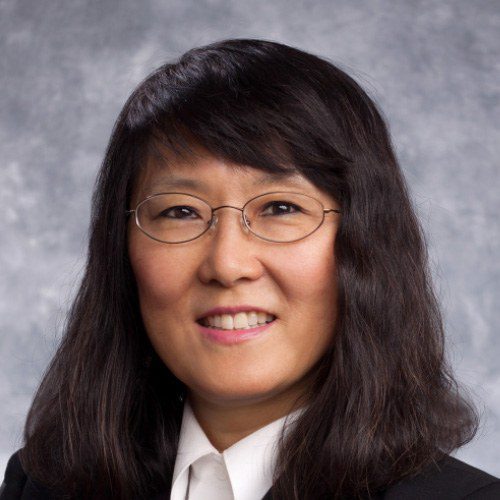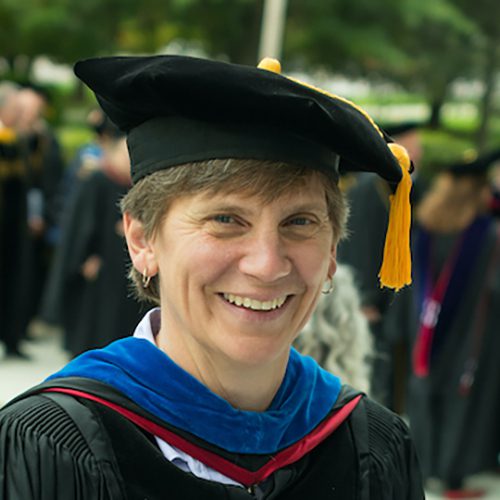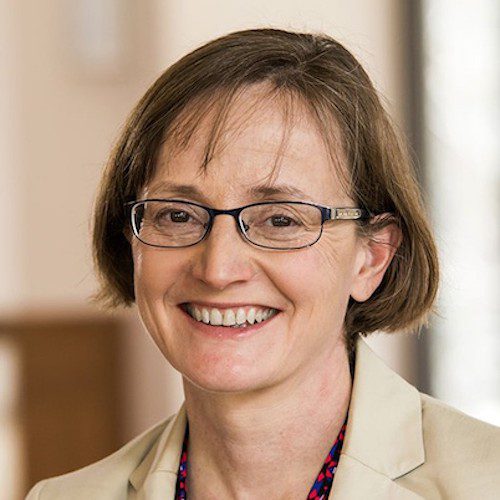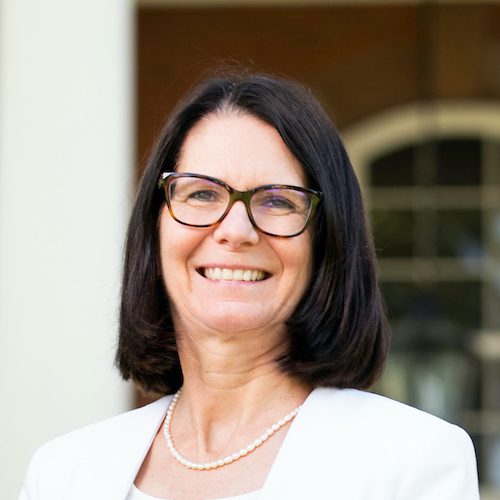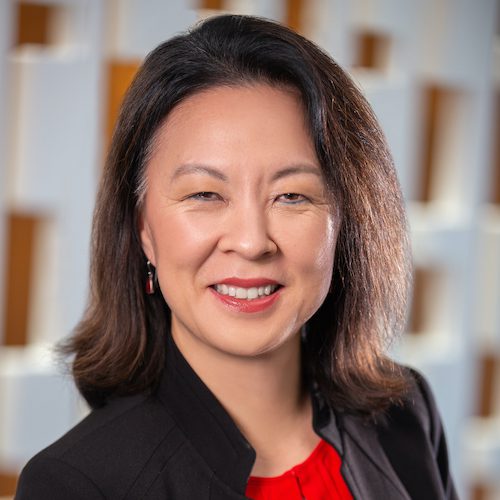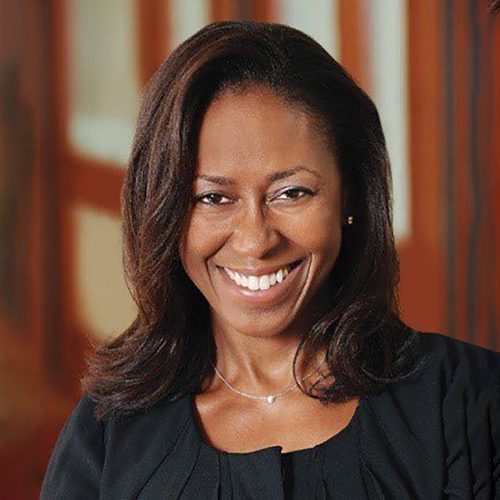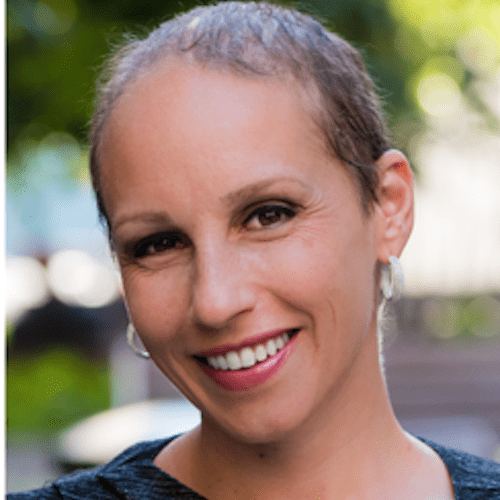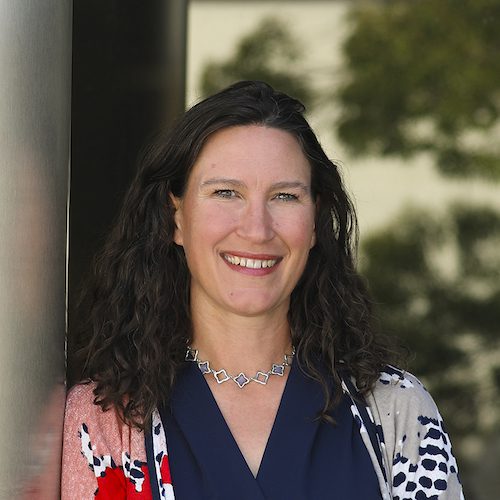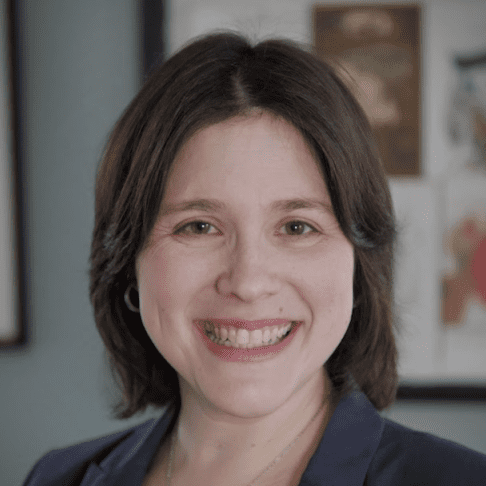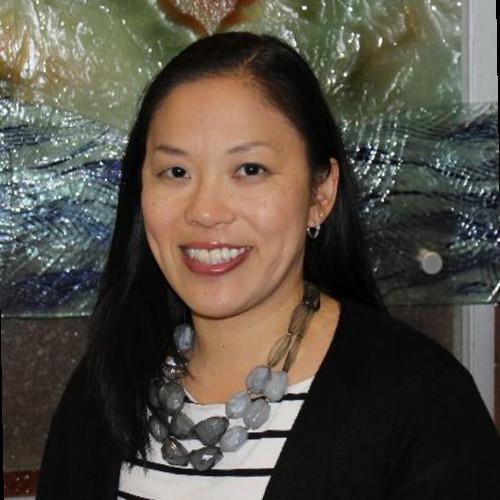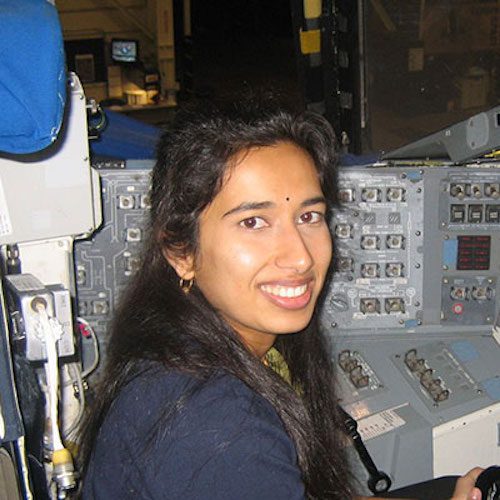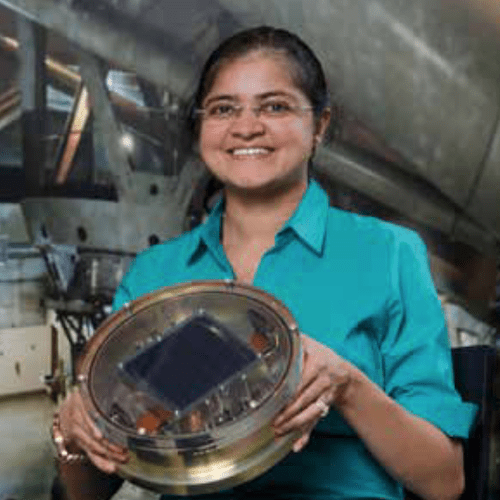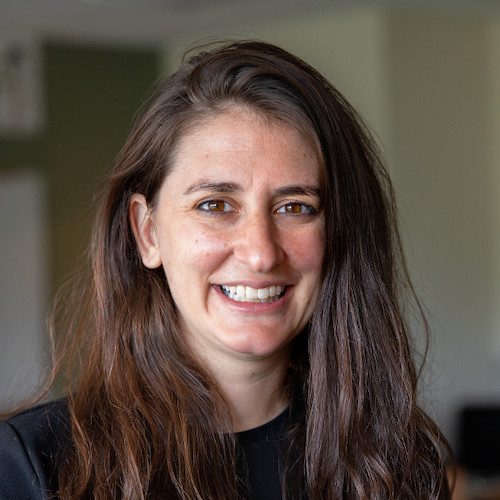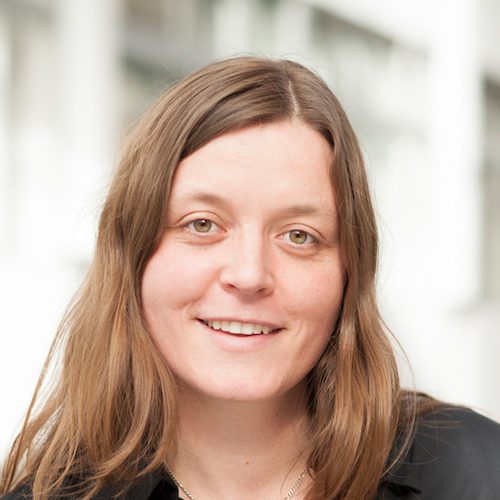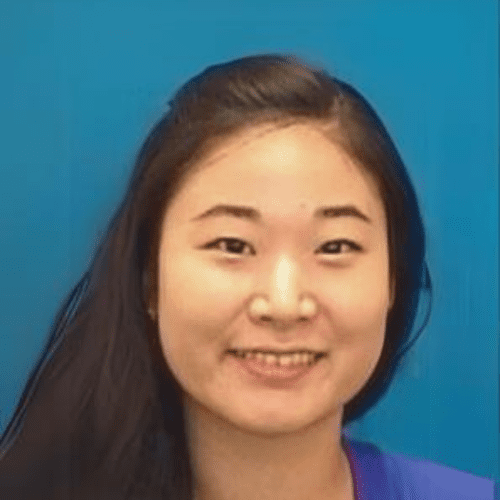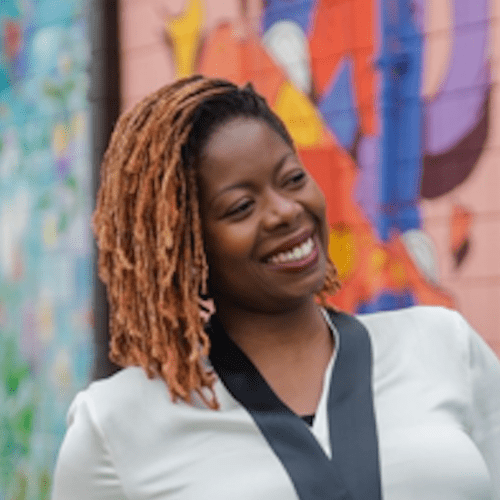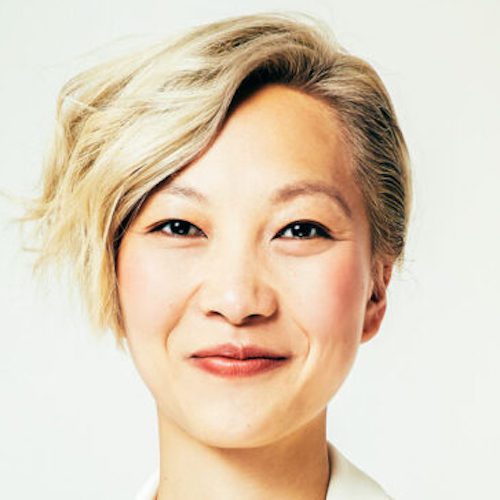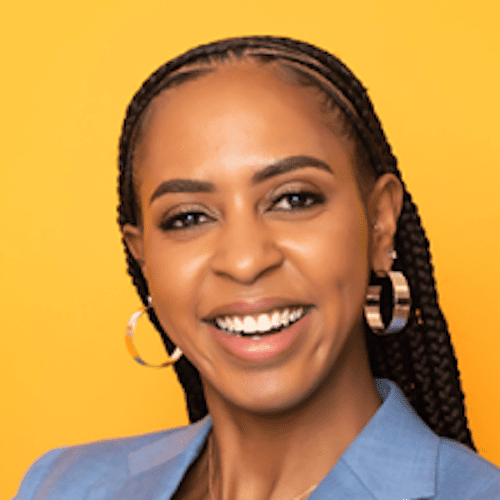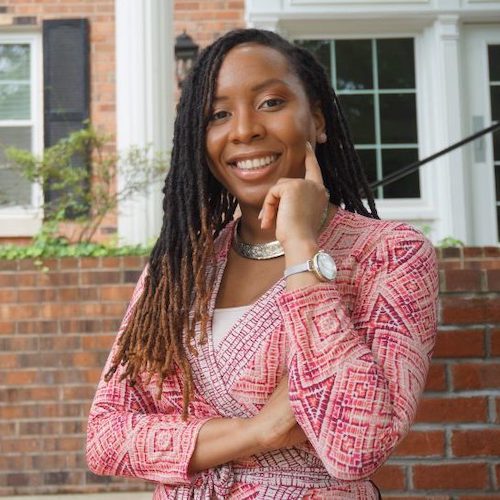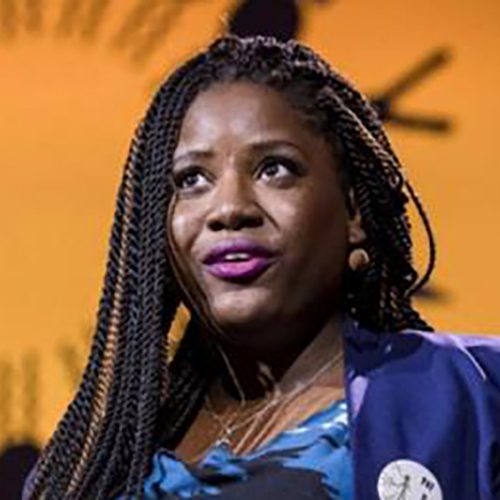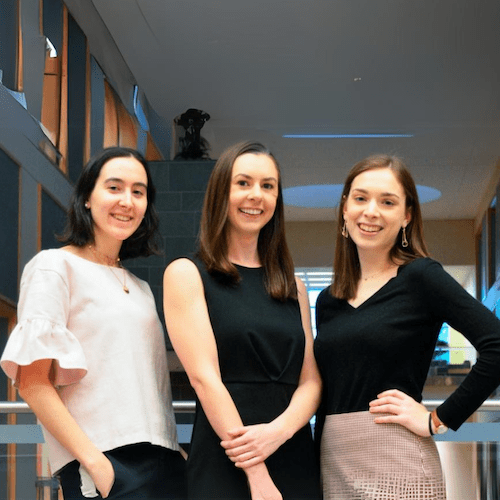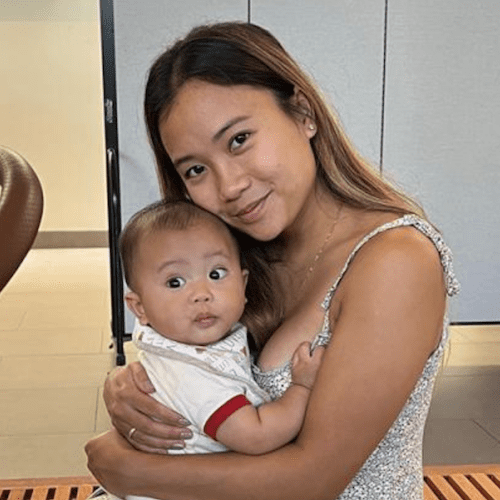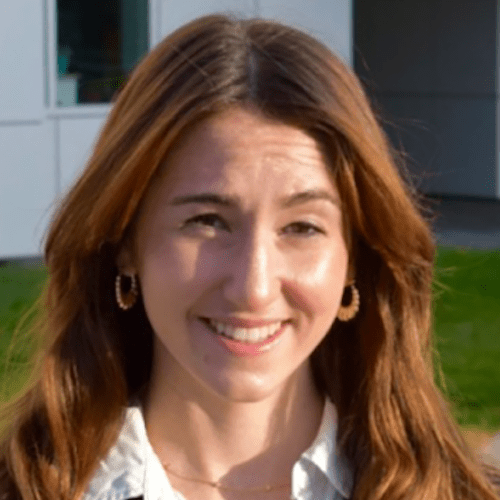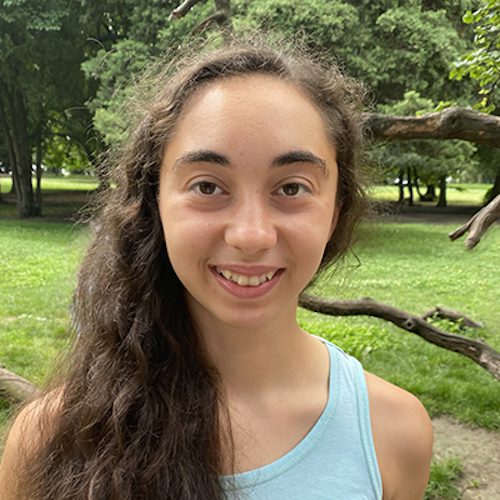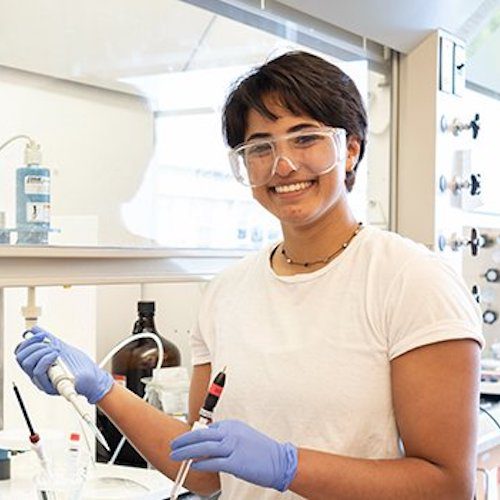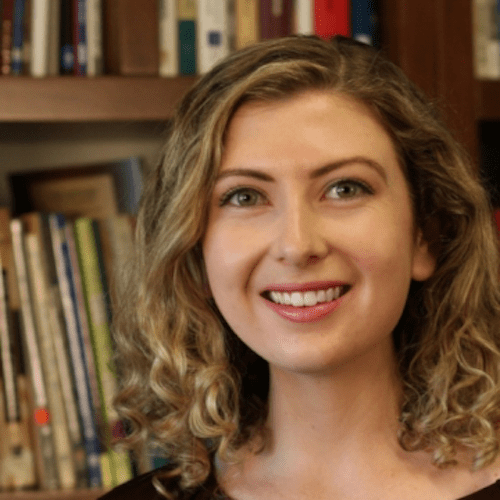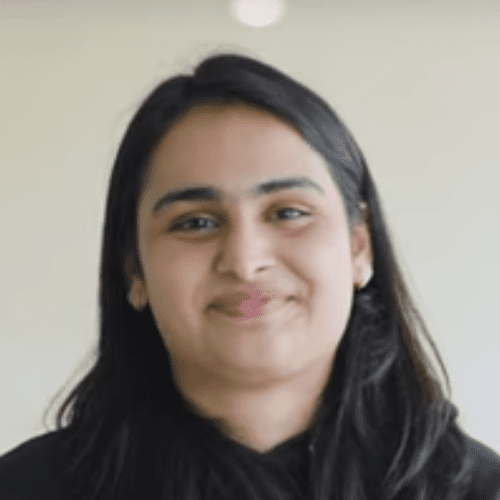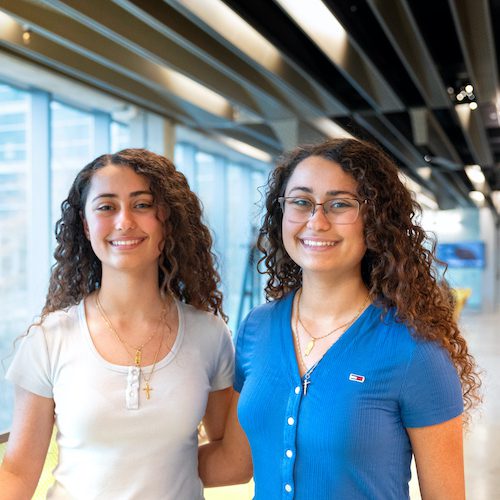Kate Gleason: The First Woman to Study Engineering at Cornell
Prior to gaining renown as an industrialist, banker, inventor, and land developer — before anyone referred to her as the “First Lady of Gearing” or the “Marie Curie of Machine Tooling” — Kate Gleason was a Cornellian known as “Sibley Kate.”
Among her fellow first-year engineering students in Sibley Hall, then home to Cornell’s Sibley College of Mechanical Engineering and Mechanic Arts, Gleason certainly stood out. Upon enrolling in 1884, she had become the first woman to ever study engineering at Cornell.
“We are all tremendously proud to celebrate the 140th anniversary of Kate Gleason breaking this barrier, as well as all of the women engineers and leaders who have subsequently been educated at Cornell Engineering,” said Lynden Archer, the Joseph Silbert Dean of Engineering. “This milestone speaks to the foresight of Cornell’s founders in making inclusion a fundamental and enduring part of our institutional mission, as well as to the courage and determination of Gleason and those who followed in her footsteps.”
Genuine commitment to “…any person…any study”
In 1868, at the opening of the university that bears his name, Ezra Cornell famously declared that he “would found an institution where any person can find instruction in any study.” The year before, he had written that his intent was to “have girls educated in the university as well as boys so that they may have the same opportunity.” 150 years after the university opened, and 134 years after Gleason arrived as a student, Cornell Engineering’s undergraduate population reached gender parity in 2018. This achievement continues to have deep resonance for many community members, even those who did not attend Cornell as students.
“This history is important to me, because it makes me feel like the commitment to ‘any person…any study’ is genuine,” said Susan Daniel, the director of the Robert Frederick School of Chemical and Biomolecular Engineering, who is among the largest cohort of women faculty leaders in the college’s history. “I want to be in an authentic place that truly cares about those things. At the end of the day, this place is about changing young people’s lives and giving all students the tools they need to be successful.”
Honoring Gleason’s legacy — together
It is difficult, if not impossible, to fully capture Gleason’s legacy. The following collection of stories gathers just a fraction of the current and former Cornell Engineering undergraduates, graduates, and postdoctoral scholars who have come through Cornell Engineering over the last 140 years.
It is a list that we intend to grow — with your help. All are invited to recommend additions, including sharing their own stories, via the submission button at the very bottom of the page.
1884-2024: Women of Cornell Engineering
-
![Kate Gleason]()
Kate Gleason, Class of 1888
“The First Lady of Gearing”
The first woman to study engineering at Cornell, Gleason had a storied career in business and engineering. She became the first woman to serve as president of a national bank, as well as the first woman elected to full membership in the American Society of Mechanical Engineers, among many other accomplishments. Read more about her story in this 2015 profile written for Cornell’s sesquicentennial.
-
![Nora Stanton Blatch Barney]()
Nora Stanton Blatch Barney, Class of 1905
“The First Graduate”
Nora Stanton Blatch Barney became the first woman to graduate from Cornell with an engineering degree. The granddaughter and daughter of noted suffragists, she studied civil engineering. Her groundbreaking career included a stint as an assistant engineer for the New York Public Service Commission, and she later worked as an architect, engineering inspector, and structural-steel designer for the Public Works Administration in Connecticut and Rhode Island. Read more about her in this 2015 profile written for Cornell’s sesquicentennial.
-
![Olive Dennis]()
Olive Dennis, Class of 1921
“The Engineer of Service”
Cornell’s second woman to graduate with a civil engineering degree, Olive Dennis made train travel comfortable and fashionable, giving riders what most could only wish for at home: air conditioning, bright upholstery on reclining seats, and locally sourced gourmet meals on the railroad’s finest china, which was designed by “The Engineer of Service,” as she was called. Read more about Dennis in this 2015 profile written for Cornell’s sesquicentennial.
-
![Dorothy Allison Carlin]()
Dorothy Allison Carlin, Class of 1924
‘A Hand in Highly Traveled Hubs”
Dorothy Allison Carlin had a hand in building some of the most traveled transportation hubs in the world. She became the first woman civil engineer employed by the Philadelphia Transit Department. As a structural draftswoman, Allison Carlin helped to create the high-speed rail connecting Philadelphia to New Jersey. She later served as an engineer with famed architect Eero Saarinen on projects at Dulles International Airport, JFK Airport, and the iconic St. Louis Gateway Arch
-
![Billie Carter Nelson]()
Billie Carter Nelson ’49
“The Future Must Be Created”
Of more than 60 students to graduate from what is now the Robert Frederick Smith School of Chemical and Biomolecular Engineering in 1949, Billie Carter — who got married and became Billie Nelson on her graduation day — had been the only woman. When she entered the workforce, she found that the opportunities available to her former classmates were not yet open to her. More than 70 years later, her story was still inspiring others.
-
![Marjorie Hart]()
Marjorie Hart ’51
“Get Out Into the Real World”
After convincing the director of what is now the Robert Frederick Smith School of Chemical and Biomolecular Engineering to let her transfer in, Marjorie Hart leveraged her education in chemical engineering into a tremendously successful professional career that took her around the world. Later, she ventured into entrepreneurship, philanthropy, and environmental advocacy.
-
![Miriam Saltpeter]()
Miriam Salpeter, Ph.D. ’53
A Pioneering Postdoc
Miriam Salpeter earned her Ph.D. from Cornell in psychology, though she ultimately arrived at Cornell Engineering as a postdoctoral researcher in applied and engineering physics. While in that role, Salpeter, who would go on to become a professor of neurobiology at Cornell, invented a technique for detecting radiologic decay in tagged molecules called quantitative electron-microscopic autoradiography as a means to investigate neuromuscular disorders. See a tribute to Salpeter on Cornell Engineering’s sesquicentennial timeline.
-
![Jill Tarter]()
Jill Tarter ’65
Leading the Search for Extraterrestrial Intelligence
Jill Tarter was the only woman in her engineering physics class. She went on to become a project scientist for NASA’s SETI (Search for Extraterrestrial Intelligence) program and then co-found the SETI Institute. Tarter’s work has brought her wide recognition in the scientific community, including the Lifetime Achievement Award from Women in Aerospace, two Public Service Medals from NASA, a TED Prize and a spot on Time Magazine’s 2004 list of the 100 most influential people in the world.
-
![Sherri K. Stuewer]()
Sherri K. Stuewer ’73, M.S. ’75
Working for Change, Giving Back
After earning degrees in operations research and engineering, Sherri K. Stuewer embarked on a 30-year career with ExxonMobil, retiring as vice president of environmental policy and planning, where she was an important influence in changing the company’s policies with respect to global warming and sustainability. She has served the university in various capacities over the years, and she established the Stuewer Fellowship for female graduate students at Cornell.
-
![Elissa Sterry]()
Elissa Sterry ’79, M.Eng. ’80
From Engineer To VP and Everything In Between
Elissa Sterry became vice president of ExxonMobil Chemical Company thanks to a lifetime of embracing diverse people, education, jobs and interests. Sterry says it was her rigorous courses in operations research and engineering combined with Cornell’s liberal arts offerings that made her educational experience unique. During her undergraduate years, she mixed classes in optimization, probability, and statistics with courses in English, art history and even flower arranging.
-
![Beckie Robertson]()
Beckie Robertson ’82
“A Completely Ruthless Truth-seeker”
Beckie Robertson is co-founder and managing director at Versant Ventures, a health care investment firm, where she specializes in early-stage investing in medical devices and diagnostics. She has more than 25 years of venture capital and operating experience in medical products as an engineer, entrepreneur, corporate executive and investor. Watch this clip of Robertson sharing the most important trait for entrepreneurs with Cornell’s Center for Technology Licensing.
-
![Yonn Rasmussen]()
Yonn Rasmussen ’83, M.S. ’86, Ph.D. ’89
Leading Students and Global Technical Organizations
Even as she progressed in a successful corporate career, in which she became a vice president at Xerox, as well as a productive research career resulting in dozens of patents, Yonn Rasmussen maintained a close connection with her alma mater. She was actively involved in helping students through multiple mentoring programs, such as those run by Society of Women Engineers, Expanding Your Horizons, and more. In 2018, she began a four-year term as an elected member of Cornell’s Board of Trustees. You can read an interview Rasmussen did after beginning her term.
-
![Linda Schadler]()
Linda Schadler ’85
Shaping the Next Generation of Engineers
She can trace her Cornell roots back more than 100 years, but Linda Schadler ’85 is currently focused on the future, sowing engineers as dean of the University of Vermont’s College of Engineering and Mathematical Sciences. Prior to joining the University of Vermont in 2018, Schadler spent 22 years at Rensselaer Polytechnic Institute, where her research lab produced several patents related to polymer nanocomposites, and she served in multiple administrative leadership positions.
-
![Margaret Martonosi]()
Margaret Martonosi ’86
Nurturing Diversity in STEM Fields
Computer scientist Margaret Martonosi, a leader in promoting and nurturing diversity in STEM fields, is the Hugh Trumbull Adams ’35 Professor of Computer Science at Princeton University. An inventor with multiple U.S. patents, her work includes the development of the Wattch power modeling tool and the Princeton ZebraNet mobile sensor network project for the design and deployment of zebra-tracking collars in Kenya. Read more in this 2019 write-up about Martonosi and her return to Cornell as an Andrew Dickson White Professor-at-Large.
-
![Nadine Aubry]()
Nadine Aubry, Ph.D. ’87
Attaining the Highest Honors
When it comes to accolades, Nadine Aubry has more than a few. The professor of mechanical engineering at Tufts University is an elected member of the National Academy of Engineering – one of the highest honors for an engineer – for her contributions to low-dimensional models of turbulence and microfluidic devices, and for leadership in engineering education. A former provost and senior vice president at Tufts, she is also an elected member of the American Academy of Arts and Sciences, among other prestigious fellowships.
-
![Rose Lee]()
Rose Lee ’87
“The Power of Innovation”
The importance of innovation and technology have woven through the various roles held by Rose Lee over the course of her career. After completing her bachelor’s degree in Cornell’s Sibley School of Mechanical and Aerospace Engineering, Lee went on to pursue an impressive career with a hand in all aspects of manufacturing and now serves as the president and CEO of Cornerstone Building Brands.
-
![Lisa Skeete Tatum]()
Lisa Skeete Tatum ’89
“Accomplish Five Things Every Day”
Lisa Skeete Tatum is a true powerhouse player. Entrepreneur, venture capitalist, and visionary, Tatum founded the innovative tech platform Landit to help women power their careers to the next level, and has since been named one of the “Most Impressive Women Entrepreneurs” by Inc. Read Skeete Tatum’s tips for personal and professional growth during the 2019 Entrepreneurship Summit in NYC.
-
![Debbie Madden]()
Debbie Madden ’96
Serial Tech Entrepreneur
As a graduate of the operations research and engineering major, Debbie Madden describes herself as a “serial technology entrepreneur, CEO, founder, board member, thought leader, author and advisor.” She is the founder of Stride, a national technology services firm leading digital transformation at brands like Peloton, Spotify, Warby Parker, Disney, and NBC Universal. In an episode of the Engineering Career Conversations podcast featuring Madden, she shared leadership lessons she gained through both professional and personal experiences, including as a breast cancer survivor.
-
![Michelle Stevens]()
Michelle Stevens ’97
At the Forefront of National Security
For more than 15 years, Michelle Stevens has made significant contributions to multiple mission areas at Sandia National Laboratories. She currently serves as the director for the Weapons Design and Assurance Center, which delivers consistent, high-quality components for applications that support the U.S. National Security Mission. In previous roles at Sandia, Stevens was responsible for the governance of our nuclear weapons programs and provided independent technical analyses to an executive team in support of well informed, risk-based decisions.
-
![Lisa M. P. Munoz]()
Lisa M.P. Munoz ’00
“Women in Science Now”
Lisa M.P. Munoz’s 20-year professional path from graduating Cornell with a degree in Earth systems engineering to published author has involved several stops, but all of them have involved translating complex scientific ideas and processes into stories non-scientists can understand. Lately, she has had many opportunities to interview scientists as she worked on her recently published book, “Women in Science Now: Stories and Strategies for Achieving Equity.”
-
![Irene Poh]()
Irene Poh ’01, M.Eng. ’02
“What Can I Learn Next?”
Irene Poh believes that one key to a successful and satisfying career is to avoid defining your job as simply what you do. “It’s so much better to always ask yourself ‘What can I learn next?’ and ‘How can I be of use?’” she said. “That way you’ll always be learning new things and your path may not be exactly linear, but you’ll be happier and probably very valuable to your employer.”
-
![Swati Mohan]()
Swati Mohan ’04
“Touchdown Confirmed”
All around the world, millions of people hushed on Feb. 18, 2021, to hear NASA aerospace engineer Swati Mohan calmly call the play-by-play of the Mars 2020 Perseverance rover landing. Mohan was the mission’s guidance, navigation and controls operations lead, effectively the eyes and ears of the spacecraft on its seven-month, 300 million-mile cruise to Earth’s neighboring planet. Read more in this Cornell Chronicle story about Mohan’s role in the rover landing.
-
![Mansi Kasliwal]()
Mansi Kasliwal ’05
Astronomical Ambitions
Raised on a farm in Indore, India, Mansi Kasliwal grew up dreaming of one day becoming a scientist. Even at a very young age she conjointly demonstrated a strong interest in science and an aspiration for discovery. As an undergraduate in Cornell’s School of Applied Engineering and Physics, Kasliwal honed in on becoming an astronomer. Today, she is a professor of astronomy at Caltech.
-
![Andrea Ippolito]()
Andrea Ippolito ’06, M.Eng. ’07
Empowering Working Mothers
With a background in health care, Cornell Engineering lecturer Andrea Ippolito launched the startup SimpliFed, a virtual platform providing personalized advice, service and support to parents. The company aims to democratize access to baby-feeding support, helping to raise awareness that these services are covered by health insurance. Read more about Ippolito’s venture in this 2022 Cornell Chronicle story about Simplifed.
-
![Lena F. Kourkoutis]()
Lena F. Kourkoutis, M.S. ’06, Ph.D. ’09
Commitment to All-Around Excellence
Lena Kourkoutis was an associate professor in Cornell’s School of Applied and Engineering Physics who was internationally recognized for her advances in cryo-electron microscopy prior to her death from cancer at age 44. During her time with Cornell Engineering, the college awarded Kourkoutis a Dorothy and Fred Chau Excellence in Teaching Award in 2017, a Cornell Engineering Research Excellence Award in 2021, and a Canaan Family Award for Excellence in Academic Advising in 2022. Read more in this tribute to Kourkoutis’s life and legacy.
-
![Esther Park]()
Esther Park ’06
Connecting Chemical Engineering and Patient Care
Esther Park’s mother told her she should be a pharmacist, and Park says, “Mom was right.” Park is the pharmacy quality, safety, and regulatory compliance manager at Seattle Children’s Hospital. In an episode of the Engineering Career Conversations podcast featuring Park, she discussed how engineers can improve health care quality by managing urgent drug shortages, streamlining manufacturing processes, and creating vaccines.
-
![Abena Sackey Ojetayo]()
Abena Sackey Ojetayo ’07, M.Eng. ’09
From Civil Engineering to City Hall
Civil engineering alum Abena Sackey Ojetayo describes her work as “developing ideas that meet the triple bottom line of safety, prosperity, and environmental stewardship.” In an episode of the Engineering Career Conversations podcast featuring Ojetayo, she shared her journey from being a student at Cornell Engineering to becoming Tallahassee’s assistant city manager.
-
![Joanna Dai]()
Joanna Dai ’08
Addressing the Need for Comfy Corporate Attire
The models on the Dai website are dressed in stylish, office-appropriate attire, but they’re not behind a desk or in a meeting. Instead they’re riding bikes, walking on the beach—even doing yoga poses. Founded by Joanna Dai, the young London-based women’s apparel company sells upscale clothing designed to look professional while being as comfortable as leisurewear. Read more in this Cornellians feature on Dai and her company.
-
![Danielle Regis]()
Danielle Regis ’15, M.Eng. ’16
Cultivating Excitement for STEM
Danielle Regis uses her outstanding communication skills to shatter expectations around how engineers typically interact with others. A veteran software developer and manager of multimillion-dollar development contracts, Regis brings a unique blend of technical expertise and business savvy to her work as director of product for LINGO.
-
![Malika Grayson]()
Malika Grayson, Ph.D. ’16
“Just Go For It”
Malika Grayson was the first Black American woman to graduate with a Ph.D. in mechanical engineering from the Sibley School of Mechanical and Aerospace Engineering. Grayson shared her experience in the book, ‘HOODED: A Black Girl’s Guide to the Ph.D.’ She works to increase the number of minority women who matriculate through graduate school by sharing her journey and experiences, including through motivational speaking, webinars, and workshops.
-
![Elizabeth Wayne]()
Elizabeth Wayne, Ph.D. ’16
Hacking Immune Cells to Fight Cancer
While studying at Cornell, Liz Wayne studied the use of intravital imaging techniques to understand ways in which the innate immune cells can be used to control cancer metastasis. She also led multiple initiatives, including the Cornell NCI Physical Sciences in Oncology Cancer Brainstorming Club and the 2013 Northeast Conference for Undergraduate Women in Physics, and received campus awards for her service. After earning her doctorate, she was awarded a 2017 TED Fellowship and participated with a TED talk titled “We can hack our immune cells to fight cancer.” She continues to be an active researcher and advocate.
-
![Abigail Macaluso, Catherine Gurecky, Madeline Dubelier]()
Abigail Macaluso ’20, Catherine Gurecky ’20, and Madeline Dubelier ’20
Setting the Record Straight
When these leaders of the Society of Women Engineers’ student section at Cornell noticed that only one woman was featured on a published “America’s Innovative Leaders” top 100 list, they were skeptical. “We knew that there are certainly more female leaders who are doing amazing things than just that one – and we believed that many of them probably exist within the Cornell alumni community,” Madeline Dubelier said. They collaborated on their own publication, a book called “Wall of Wonder: Cornell Women Leading the Way in Science, Technology and Engineering.” Read more about it in this 2020 Cornell Chronicle story about the publication of “Wall of Wonder”.
-
![Jego Fonseca]()
Jego Fonseca, M.Eng. ’23
Inspiring — and Inspired By — Family
Shortly after starting at Cornell, Jego Fonseca found out she was pregnant with her first child. She was anxious and wasn’t sure if she should continue her degree in fear that it would affect her ability to be either be a good mom or student. With the support of her family and friends, she decided to push through.
-
![Molly Eron]()
Molly Eron ’23
Bridging the Health Care Divide
Molly Eron chose Cornell for its top-ranked engineering program that is well-known for its collaborative and interdisciplinary approach to learning. She chose to focus on biomedical engineering and, among other endeavors, is helping to develop novel medical devices including an over-the-ear device to remedy bruxism, a wearable wristband sensor to monitor the neuromuscular symptoms of multiple sclerosis, and an enhanced pulse oximeter that can account for differences in skin pigmentation.
-
![Gloria Davidova]()
Gloria Davidova ’23
Integrating Theory with Technology
Although she initially started out in the physics department, Davidova realized that she wanted to study ways to integrate theory with technology to solve real-world problems. She was inspired to enroll in Cornell’s Applied Physics program and was named one of Optica’s 2023 Optica Women Scholars for her work in the field of polaritonics. The research could ultimately improve light-harvesting systems including solar cells or organic LEDs.
-
![Natalia Urbas]()
Natalia Urbas ’23
Mentoring Girls of Color in STEM
Natalia Urbas, a materials science and engineering major, was the 2023 recipient of the Class of 1964 John F. Kennedy Memorial Award, administered by Cornell’s David M. Einhorn Center for Community Engagement. She indicated that she will use the $15,000 award funding to launch programs and infrastructure that support underrepresented minorities interested in pursuing careers in research and technology, specifically those interested in military and government positions. Read more in this Cornell Chronicle story about Urbas receiving the award.
-
![Sara Miller]()
Sara Miller, doctoral student
Looking for Life in the Oceans of Europa
Sara Miller uses numerical modeling to study oceans that exist on planetary bodies across our solar system, called ocean worlds. Ocean worlds are key targets for space exploration in the search for life beyond Earth. The bulk of her graduate research is focused on Jupiter’s moon, Europa, which hosts an ocean that has piqued the interest of scientists.
-
![Nidhi Sonwalka]()
Nidhi Sonwalker ’25
Exploring the Unknown
Inspired by both her community and astronauts like Kalpana Chawla, Nidhi Sonwalkar studies aerospace and mechanical engineering with an aim to propel humans into space and to explore the unknown. In 2023, Sonwalkar was selected as a 2023 Brooke Owens Fellow, joining 46 undergraduates from around the world chosen for recognition by the nationally-acclaimed nonprofit program. Watch a video about Sonwalker’s Cornell story.
-
![Ashley and Verena Padras]()
Ashley and Verena Padres ’26
Reaching for the Stars
Identical twins Ashley and Verena Padres are involved in multiple aerospace projects at Cornell and beyond: Verena is leading a team in Cornell’s Space Systems Design Studio to send a light sail deployer laden with sensors for testing on the International Space Station; and Ashley’s work with Cornell University Unmanned Air Systems (CUAir), one of Cornell Engineering’s project teams, has led to breakthroughs in the design of an unmanned aerial search and rescue plane. Read more in this Cornell Chronicle story about the Padres twins’ experience.
